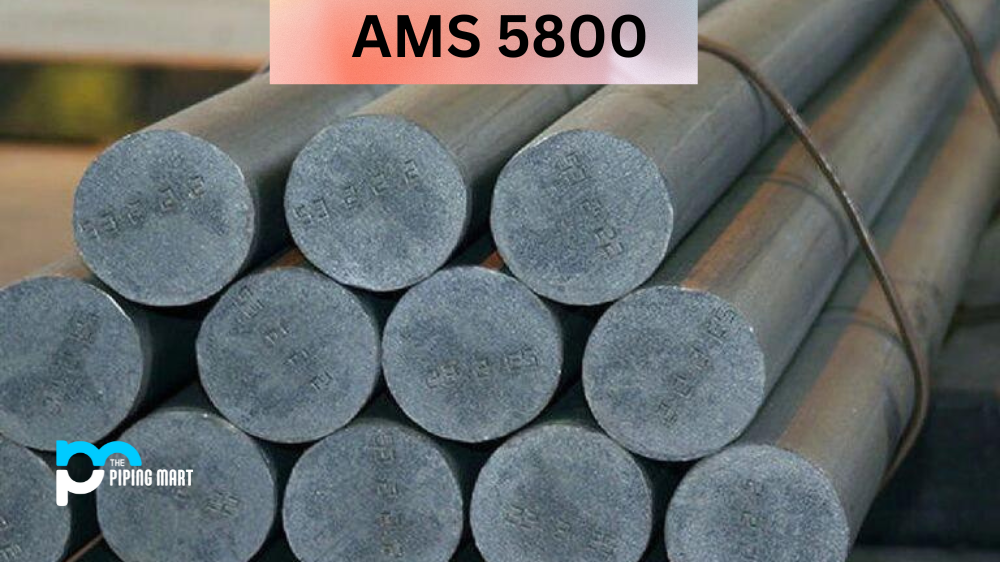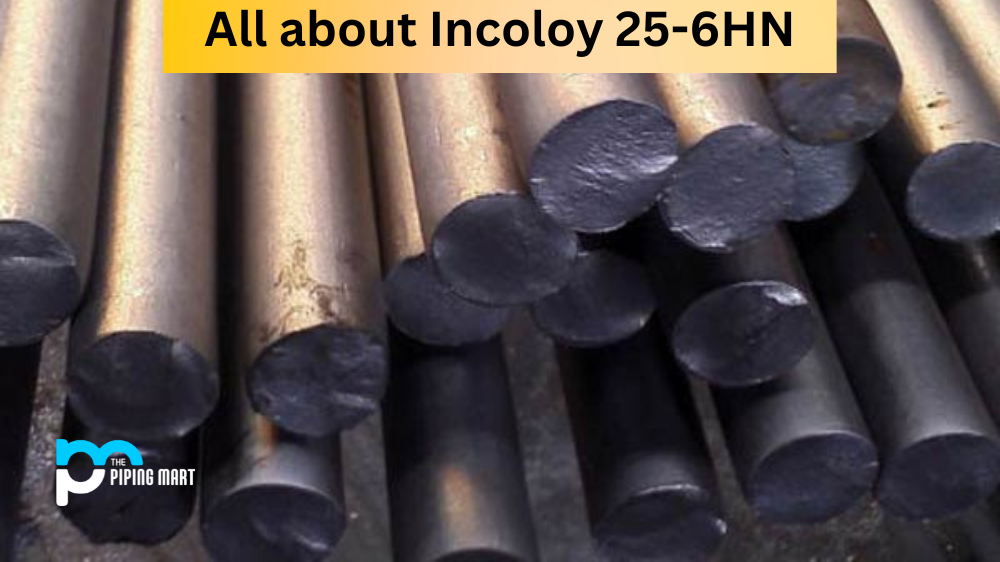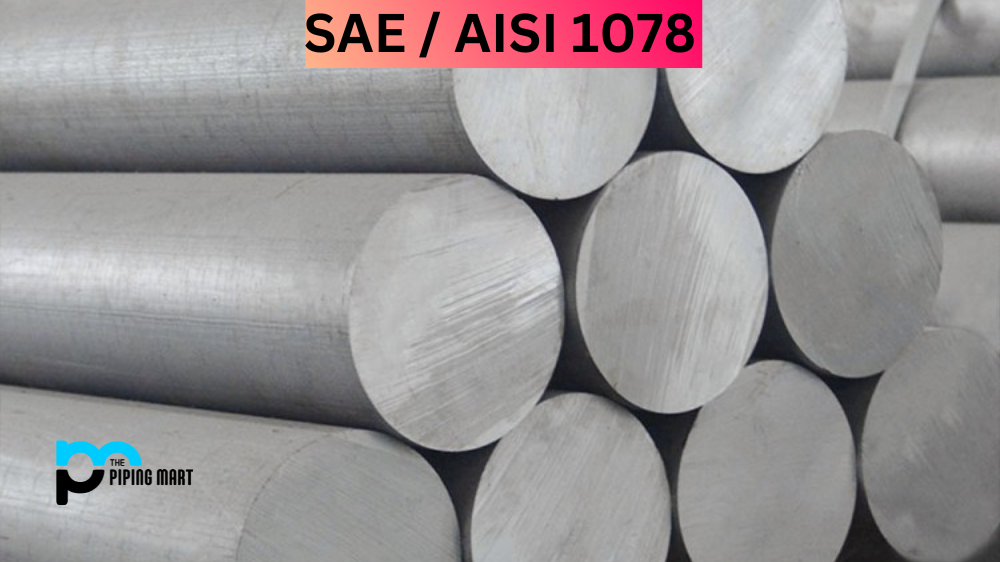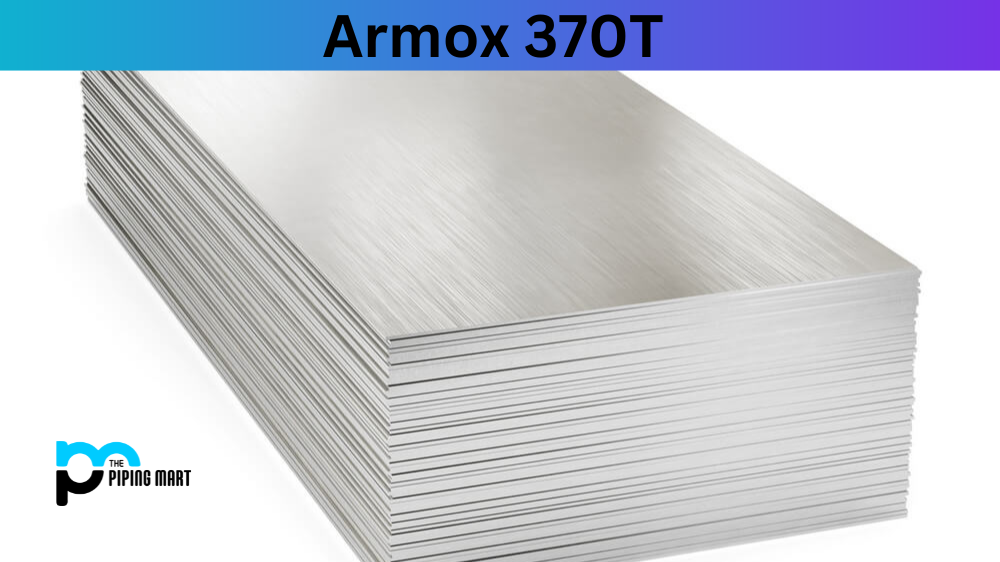If you have been working in the metals industry, you might have heard of AMS5800. But what is it exactly? In this blog post, we will look closer at AMS5800, its composition, physical and mechanical properties, uses, and how it is heat-treated. By the end of this article, you will better understand this material and its applications.
What is AMS 5800?
AMS 5800 (also known as Nickel Rene 41) is a standard used in the aerospace industry to measure the surface cleanliness of metal parts. This standard specifies the procedures and requirements for testing parts using techniques such as water break, dye penetrant, and contact angle measurements. AMS 5800 ensures that metal parts are thoroughly cleaned and free of contaminants that may negatively affect their performance and longevity. As an expert in the aerospace industry, I highly recommend adhering to AMS 5800 to ensure the highest quality of metal parts.
AMS 5800 Composition
AMS 5800 is a nickel-based alloy that is designed for use in high-temperature environments. Its composition comprises 25% chromium, 20% molybdenum, 5.5% aluminium, and 0.08% carbon. It also contains traces of iron, nickel, silicon, and titanium. This unique composition gives AMS 5800 excellent strength and resistance to corrosion and oxidation.
| % | Cr | Ni | Mo | Co | Al | Ti | B | C | Fe | Mn | Si | S | Cu |
|---|---|---|---|---|---|---|---|---|---|---|---|---|---|
| Min | 18 | – | 9 | 10 | 1.40 | 3 | 0.003 | – | – | – | – | – | – |
| Max | 20 | Balance | 10.5 | 12 | 1.80 | 3.30 | 0.01 | 0.12 | 5 | 0.10 | 0.50 | 0.015 | 0.50 |
AMS 5800 Physical Properties
Regarding physical properties, AMS 5800 has a density of 8.1 g/cm³ and a melting point of 1320°C.
| Properties | Metric | Imperial |
|---|---|---|
| Density | 8.25 g/cm³ | 0.298 lb/in³ |
| Melting Point | 1345°C | 2450°F |
| Modulus of Elasticity | 218 GPa | 31.6 x 103 ksi |
| Modulus of Rigidity | 83.4 GPa | 12.1 x 103 ksi |
| Coefficient of Expansion | 13.5 µm/m-°C | 7.5 µin/in.-°F |
| Electrical Resistivity | 131 µΩ.cm | 51.5 µΩ.in |
| Thermal Conductivity | 9.0 W/m-K | 62 Btu-in/ft2hr-°F |
AMS 5800 Mechanical Properties
Its mechanical properties are impressive as well. It has a minimum tensile strength of 1175 MPa and a minimum yield strength of 725 MPa. It also has a minimum elongation of 15% and a minimum reduction in area of 40%.
| Properties | Metric | Imperial |
|---|---|---|
| Hardness, Brinell | 334/td> | 334 |
| Hardness, Knoop | 363 | 363 |
| Hardness, Rockwell C | 36 | 36 |
| Hardness, Vickers | 349 | 349 |
| Tensile Strength, Ultimate | 1241 MPa | 180,000 psi |
| Tensile Strength, Yield | 793 MPa | 115,000 |
| Elongation at Break | 20% | 20% |
| Reduction of Area | 25% | 25% |
AMS 5800 Specification
- AMS 5545
- AMS 5712
- AMS 5713
- AMS 5800
- EN 2.4973
- GE B50T59
- GE B50TF109
- GE B50TF76
- UNS N07041
- Werkstoff 2.4973
AMS 5800 Uses
Given its impressive physical and mechanical properties, AMS 5800 finds its way into various applications. For instance, it is commonly used in gas turbine engines for high-temperature components such as combustion chambers, afterburners, and exhaust systems. Similarly, it is also used in aircraft engines for similar purposes.
AMS 5800 Hardness
Another crucial characteristic of the AMS 5800 is its hardness. Heat-treated to achieve a typical hardness range of 39-44 HRC. This range makes it highly wear-resistant, especially in high-pressure and heavy-duty applications.
AMS 5800 Heat Treatment
Heat treatment is a crucial process that enhances the mechanical properties of AMS 5800. There are two heat treatment processes; annealing and ageing. Annealing involves heating the material to 1065°C for an hour, followed by cooling in air to relieve any internal stresses within the material. Ageing, however, involves heating the annealed material to 760°C for sixteen hours, followed by cooling to achieve the desired hardness.
Conclusion
In conclusion, AMS 5800 material is a nickel-based alloy with an outstanding combination of physical and mechanical properties. This material is widely used in high-temperature applications such as gas turbines and aircraft engines due to its resistance to corrosion, oxidation, and wear. One can better use this material for various industrial applications by understanding its composition, properties, and applications.

A passionate metal industry expert and blogger. With over 5 years of experience in the field, Palak brings a wealth of knowledge and insight to her writing. Whether discussing the latest trends in the metal industry or sharing tips, she is dedicated to helping others succeed in the metal industry.




